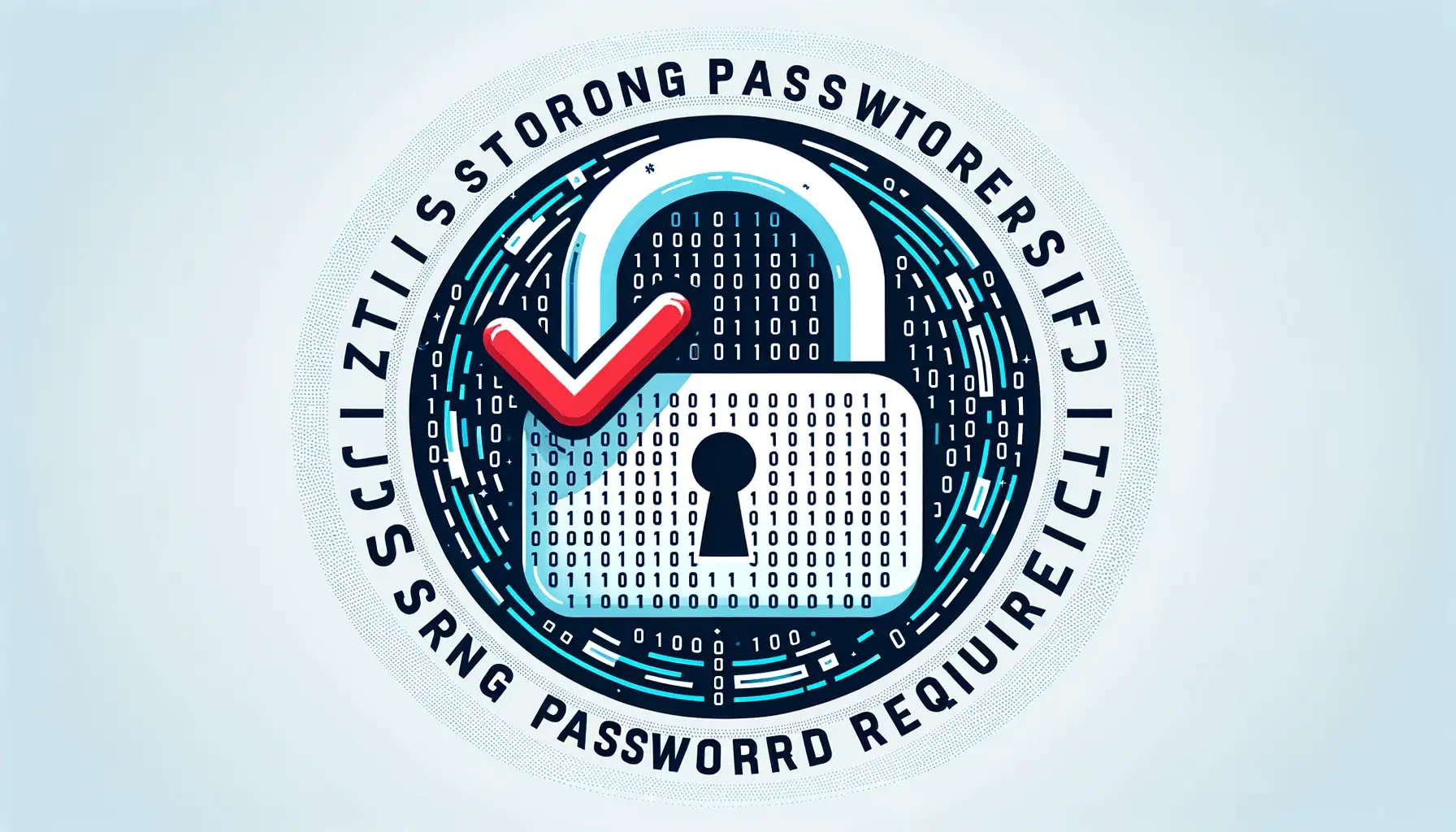In the digital age, data security has become of paramount importance. With an increasing amount of cyber threats and data breaches, it is critical to take proactive steps to protect personal information. Regular backups are essential to recover information in the event of loss or damage. They provide a safety net that enables individuals and businesses to retrieve their data and minimize downtime. Additionally, strong passwords play an important role in protecting sensitive data. By combining upper and lower case letters, numbers and special characters, you can create strong passwords that are difficult to crack. Overall, data security practices, regular backups, and strong passwords ensure privacy in the digital age.
The Importance of Data Security
In today's digital landscape, data security is critical due to the increasing amount of cyber threats and data breaches. Unauthorized access to personal information can have serious consequences, including identity theft and financial loss. Hackers and malicious actors are constantly looking for vulnerabilities to exploit and gain unauthorized access to sensitive data.
It is essential to implement robust security measures to protect personal information from unauthorized access. This includes the use of firewalls, encryption techniques and secure authentication methods. Firewalls act as a barrier between internal and external networks and prevent unauthorized access. Encryption ensures that data is converted into unreadable formats, making it difficult for hackers to decode.
Additionally, secure authentication methods like two-factor authentication (2FA) add an extra layer of protection by requiring users to provide additional credentials beyond just a password. This prevents unauthorized persons from gaining access even if they manage to obtain login information.
By implementing these security measures, individuals and organizations can significantly reduce the risk of unauthorized access and protect sensitive data. It is important to be aware and regularly update security protocols as new threats emerge in the ever-changing digital landscape. Remember, data security is not only the responsibility of a company, but also of individuals who must take measures to protect their personal information from potential threats.
The Importance of Regular Backups
In the digital age, ensuring data availability and recovery is critical. Regular backups provide an important method of restoring information in the event of loss or damage. Data loss can happen due to various reasons such as hardware failure, malware attack, accidental deletion or even natural disasters.
By regularly backing up data, individuals and organizations can minimize the impact of data loss and ensure business continuity. In the event of a hardware failure or system crash, having recent backups makes it possible to quickly restore important files and documents. This helps reduce downtime and prevent significant disruptions to day-to-day operations.
In addition, backups are essential to protect against malicious activities such as malware attacks. Ransomware, for example, encrypts files on a victim's computer and demands a ransom for their release. Having regular backups ensures that even if files are encrypted or compromised, they can be easily restored from a previous backup without having to pay the ransom.
In addition, natural disasters such as fires or floods can cause irreparable damage to physical devices where data is stored. By storing backups off-site or using cloud storage services, individuals can protect their data from physical destruction.
It is important to establish a backup routine that suits individual needs and requirements. This may involve scheduling automatic backups at regular intervals or manually backing up critical files on external storage devices.
The Role of Strong Passwords in Password Protection
In the digital world, strong passwords are essential to prevent unauthorized access to personal accounts and protect sensitive data. Weak or easily guessed passwords can leave individuals vulnerable to hacking attempts and compromise their personal information.
Creating a strong password involves using a combination of upper and lower case letters, numbers and special characters. This complexity makes it more difficult for hackers to crack the password through brute force or dictionary attacks. It is recommended to use at least eight characters, but longer passwords are even better.
Updating passwords regularly is another important part of password security. Reusing the same password on multiple accounts increases the risk of a security breach. If one account is compromised, all other accounts with the same password become vulnerable. Therefore, it is important to change passwords regularly and avoid using common patterns or easily guessable information such as birthdays or names.
In addition, it is important to avoid common password mistakes that can weaken security. This includes the use of sequential numbers or letters (eg “123456” or “abcdef”), the use of easy-to-guess words (eg “password” or “qwerty”) or storing passwords in the open.
To effectively manage multiple strong passwords, individuals can use password management tools. These tools securely store and generate complex passwords for different accounts, eliminating the need to remember them all.
By prioritizing strong passwords and following password security best practices, individuals can significantly reduce the risk of unauthorized access to their personal accounts and protect their sensitive data from potential breaches. Remember, a strong defense begins with a strong password!
Protection of Personal Information: A Shared Responsibility
Data security, regular backups and strong passwords are essential components of protecting personal information in today's digital world. But ensuring the security of sensitive data is not just the responsibility of individuals or organizations – it is a joint effort.
Everyone has a role to play in prioritizing data security and password protection. By implementing best practices such as using strong passwords, regularly backing up data, and being aware of potential threats, individuals can help create a safer digital environment for themselves and others.
Remember, the importance of protecting personal information goes beyond individual interests. It affects the overall integrity and credibility of the digital ecosystem. Let's all take responsibility and work together to protect our personal information from unauthorized access and ensure a safe online experience for everyone.

